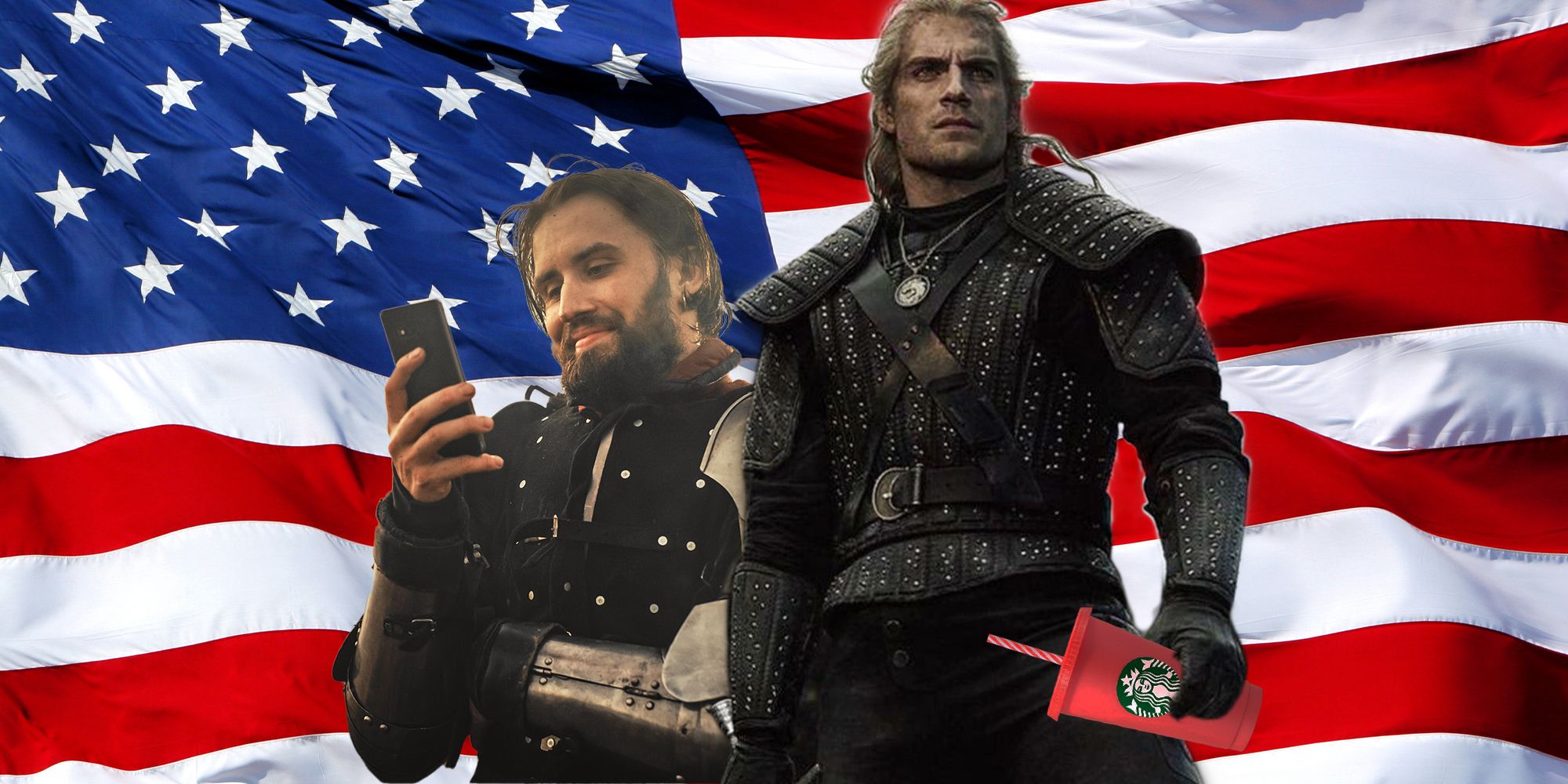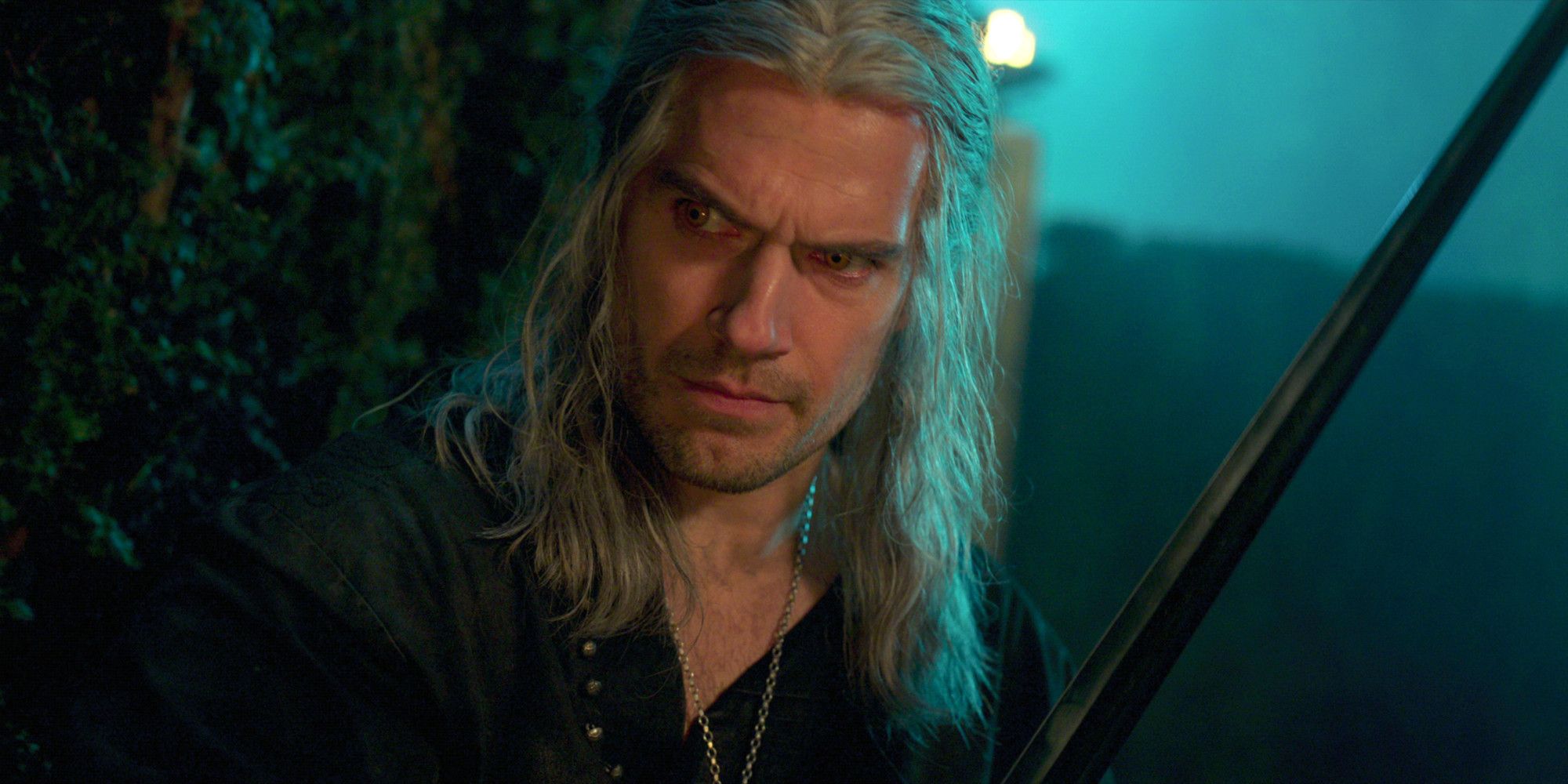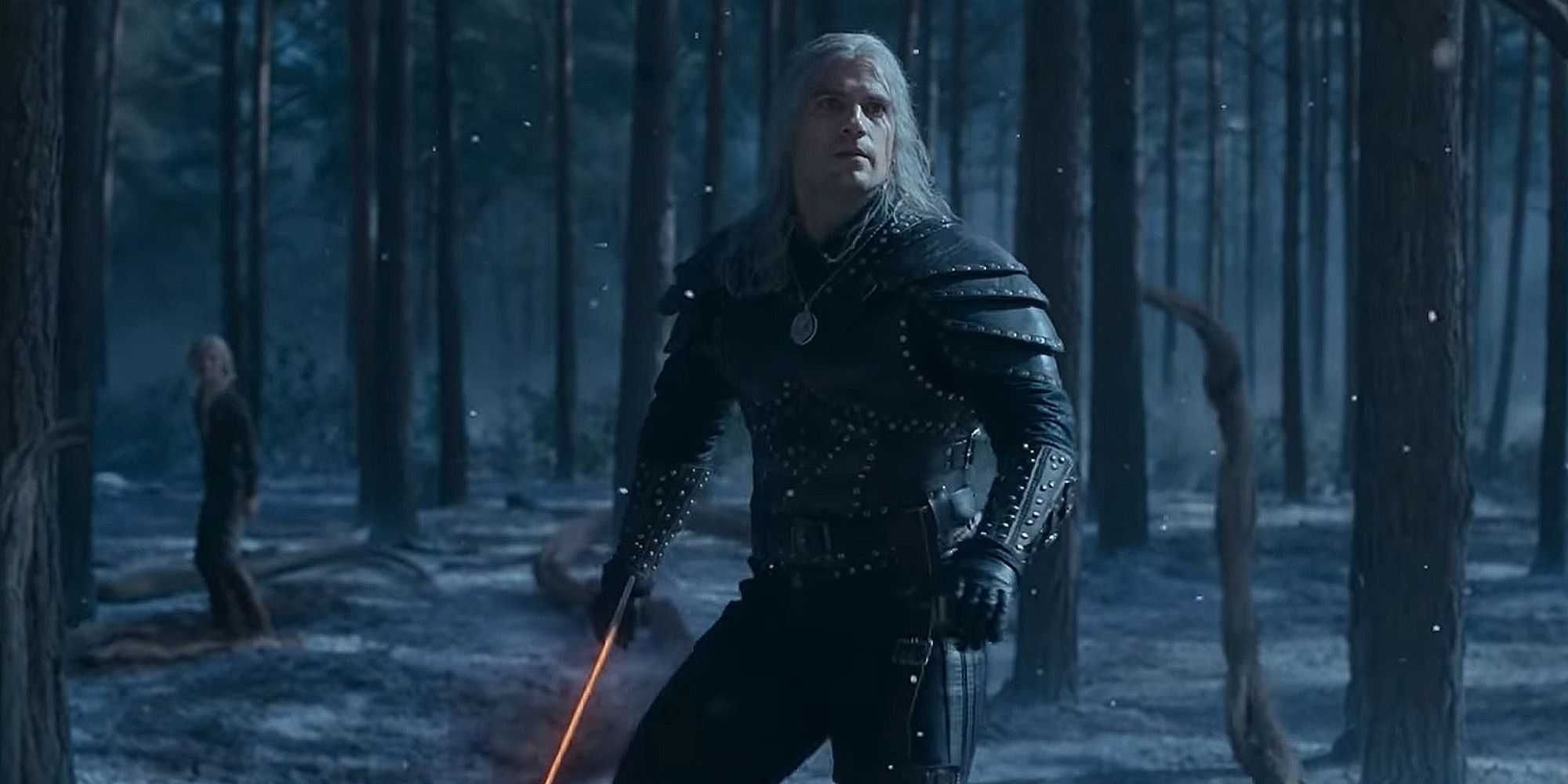Netflix’s adaptation of The Witcher has been much maligned over the years for not adhering closely enough to the source material, Andrzej Sapkowski’s series of short stories and novels. The show’s third season has a Rotten Tomatoes audience score of 22 percent and has been heavily criticised for oversimplifying plot points from the novels. Like many people, I think it’s a bad show, and promptly stopped watching it after the first season. I don’t regret that choice – I caught the end of an episode at a friend’s house, and it was awful. I haven’t read the books, so can’t speak to how much or how poorly it summarises plot points. However, executive producer of the show, Tomek Baginski, has somehow managed to blame that simplification and poor reception on Tiktok and Americans.
In an interview with Polish site Wyborcza, which was translated by fansite Redanian Intelligence, Baginski said that he had encountered a “perceptual block” with American audiences earlier in his career. When it comes to unfamiliar historical contexts, he said, “For Americans, it was completely incomprehensible, too complicated, because they grew up in a different historical context, where everything was arranged: America is always good, the rest are the bad guys. And there are no complications."
He brought this lesson with him when making The Witcher. "When a series is made for a huge mass of viewers, with different experiences, from different parts of the world, and a large part of them are Americans, these simplifications not only make sense, they are necessary," Baginski said. "It’s painful for us, and for me too, but the higher level of nuance and complexity will have a smaller range, it won’t reach people. Sometimes it may go too far, but we have to make these decisions and accept them."
In a separate interview with YouTube channel Imponderabilia, Baginski said that the choices made regarding the show were also influenced by the shortened attention spans of children growing up in the internet age, saying that constant exposure to social media and TikTok has left them without the patience for “longer content [and] long and complicated chains of cause and effect”, and that “when it comes to shows, the younger the public is, the logic of the plot is less significant”. He also said that what is significant for younger audiences is “Just emotions. Just pure emotions. A bare emotional mix.”
These are obviously silly statements. I do agree with the idea that media literacy is suffering worldwide, and I’m sure everybody on Twitter (sorry, X) has their own anecdotes of seeing people wilfully misinterpreting popular media. As someone perpetually plugged into online discourse, I myself have written about the recent wide misinterpretation of Christopher Nolan’s film Oppenheimer’s attitude towards war and the trite feminism Barbie espouses. I love discourse because of all the bad takes the internet spits out, because it prompts me and others to clearly articulate what our favourite popular media is actually trying to say. But to state that American audiences and younger demographics are entirely incapable of understanding nuance is a broad generalisation, as well as a bad one to base a show on.
But let’s say that this is true. Maybe American audiences are incapable of seeing past the paradigm of good and evil because of the rampant political polarisation in their own country, and younger people don’t have the attention spans to care about shows that aren’t emotionally driven. It seems extraordinary that a producer’s response to this would be to dumb the show down, making it so palatable to the lowest common denominator that it ends up completely bland and boring. In fact, I’d say it’s irresponsible as a media maker to see a problem with media literacy and actively choose to not make something that’s challenging, interesting, and nuanced. By doing that, they’re directly contributing to a culture that refuses to push its audience out of its comfort zone.
It’s the clearest indicator that The Witcher is not meant to be a complex show by any means, but is instead intended to be a money machine for Netflix. The best and most popular television shows right now are loved because they are complicated, gripping, and thought-provoking. Audiences don’t want rote, milquetoast stories, they want to be challenged. To intentionally do otherwise and justify it by saying audiences aren’t smart enough to understand complexity is ridiculous. The Witcher didn’t have to be simple, boring, or bad, but it is, and that’s a direct consequence of underestimating its audience. What a shame.



